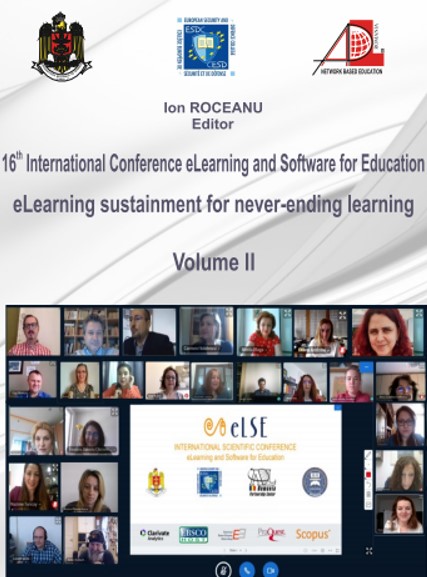EYE TRACKER APPLICATION FOR URBAN STUDIES IN TOWN PLANNING EDUCATIONAL AREA
EYE TRACKER APPLICATION FOR URBAN STUDIES IN TOWN PLANNING EDUCATIONAL AREA
Author(s): Nina Danilina, Borislav HristovSubject(s): Higher Education , Rural and urban sociology, ICT Information and Communications Technologies, Distance learning / e-learning
Published by: Carol I National Defence University Publishing House
Keywords: town planning; education; eye-tracking; gaze; smart city; practice – base learning;
Summary/Abstract: Urban studies are an important part of the practice-oriented approach in town-planning education. Digital technologies are based on the processing of big data generated by the urban environment are of particular value if we are talking about the development of smart and sustainable cities. The article pays the attention to the use of an eye-tracker tool for solving applied urban problems in the framework of research work of students. The use of the eye-tracker is proposed as a valuable instrument for urban research that gives the possibility to receive and evaluate large amount of information on the example of the research work of students on the survey of city streets of Berlin (Germany). The tasks was to record, evaluate and analyze the distribution of the pedestrian’s gaze when they are walking along busy city streets in order to assess the degree of attraction of the gaze by various elements of the urban environment and to obtain patterns of perception of the spatial planning structure of the city streets by the pedestrians. The research project was attended by undergraduate students, whose goal was to practically get acquainted with this tool, master’s students, whose goal was to identify and explore single factors, as well as a graduate student in urban planning, whose task is to form a scientific and methodological basis for the organization of spatial planning solutions of the urban environment. In such way we provide the relationship between the different levels of urban planning education, and in this chain, at each study level when students acquire specific skills, knowledge and abilities in the field of urban studies. Also, the study was conducted in the framework of an international project between Russia and Germany for joint urban research, which allows students to expand their experience and horizons in the perception of various urban practices. The article presents a methodological approach to the organization of inter-level interaction within the system of graduate education, as well as the results of the research project. The presented topic is a contribution to the digital development of smart education in accordance with the modern trends of digitalization of education and will ensure the quality and competitiveness of graduate education in the world.
Journal: Conference proceedings of »eLearning and Software for Education« (eLSE)
- Issue Year: 16/2020
- Issue No: 02
- Page Range: 356-361
- Page Count: 6
- Language: English

